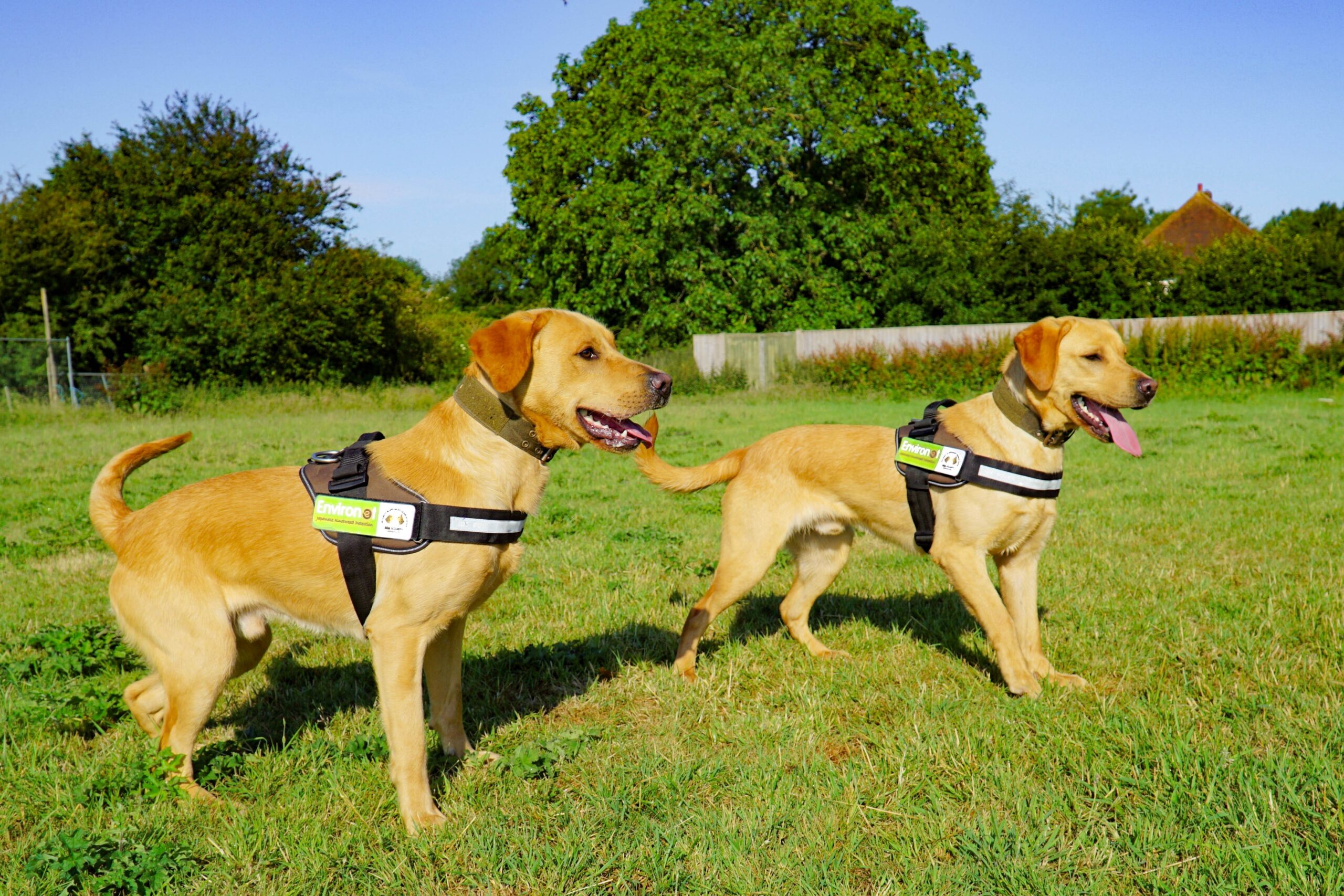Calling in the dogs to help solve Japanese knotweed TA6 conundrum
How our canine companions are helping solve the Japanese knotweed TA6 conundrum, by Nic Seal, Founder and MD of Environet UK.
Changes to the TA6 form guidance implemented earlier this year have caused something of a headache for conveyancing solicitors, who have seen a sharp increase in the number of ‘Not known’ responses to the Japanese knotweed question.
In order to respond ‘No’, i.e. the property is not affected, the guidance now requires sellers to be certain that no rhizome is present beneath the ground or within 3 metres of the boundary, even if there are no visible signs above ground. That is difficult to state without certainty and leaves the seller exposed to a misrepresentation claim if it subsequently proves to be false. Most sellers will therefore be advised to state ‘Not known’, leaving it up to the buyer to undertake their own enquiries if they so wish.
So, where does this leave conveyancers and what advice can they offer worried clients who have received a ‘Not Known’ response and are unsure how to proceed?
There’s a novel new solution to this problem in the form of man’s best friend. Increasingly, dogs are taking on exciting new roles in the environmental sector and now, for the first time in the UK, they are on the front line in the battle against Japanese knotweed. A team of sniffer dogs have been specially trained by Environet, in partnership with canine experts RFA Security, to detect the unique scent of Japanese knotweed rhizome hidden beneath the ground.
Particularly useful in winter when the plant’s above-ground growth has died back, or where knotweed is lying dormant but alive beneath the ground, or in cases where it’s been deliberately concealed, dog detection surveys are the only way to know with a high level of certainty whether or not knotweed is present.
The dogs can cover a garden in a matter of minutes and will indicate by freezing and staring at the spot where the rhizome scent has been detected, thanks to the 300 million or so receptors in their noses and a proportion of brain area dedicated to smell which is 40 times larger than a human’s.
If the dogs indicate, the human surveyor knows exactly where to dig to check the extent of the infestation. Armed with the knowledge they need, the buyer can make a decision about whether to proceed with the purchase, arrange with the seller for a professional treatment plan to be put in place and consider whether to renegotiate the price. If no knotweed is found, they can proceed with greater confidence and an insurance-backed guarantee can be provided to cover them for the cost of treatment in the unlikely event knotweed is later discovered.
Japanese knotweed is an increasingly litigious issue and misrepresentation cases are on the rise, where sellers have given false information, either innocently or intentionally. Research we carried out with YouGov last month indicated that 70% of buyers would sue if they were victims of misrepresentation. A third (31%) of buyers would not buy a property if it was found to be affected by knotweed and a further 23% would negotiate a discount on the price, so it’s more important than ever for sellers to be able to provide assurances with factually correct information.
https://environetuk.com/japanese-knotweed-detection-dogs.
Kindly shared by Environet UK
Main article photograph courtesy of Pixabay



















